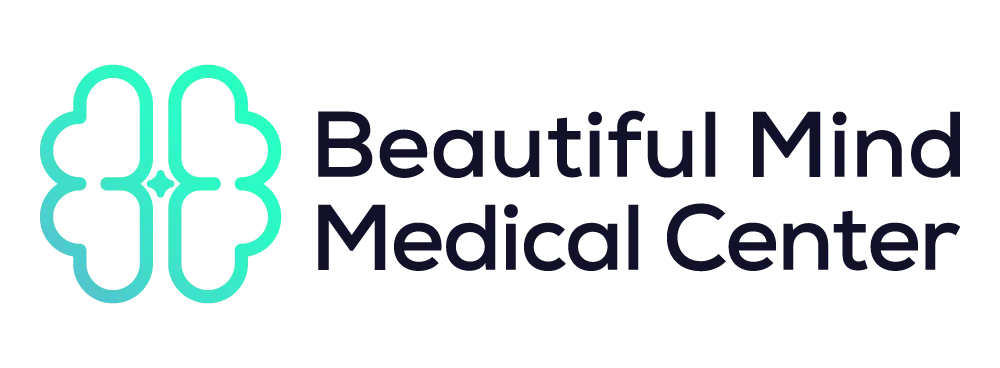At Beautiful Mind Medical Center, we offer a wide range of specialized services designed to address your unique mental health needs. From expert psychiatric and psychological care to advanced treatments like TMS therapy and comprehensive testing, our team is committed to helping you achieve balance, healing, and well-being.
